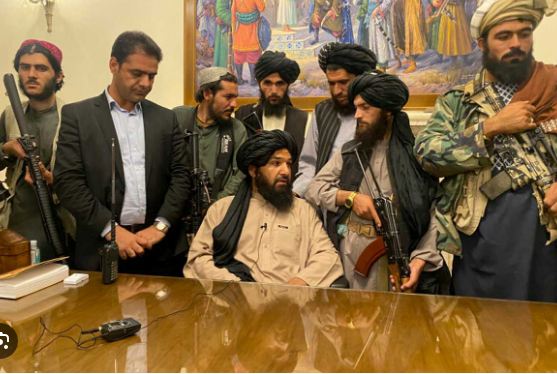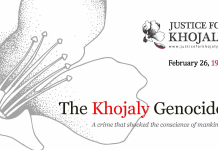The strengthening of IS or assembling of around 20 other hardcore militant groups are considered a serious threats to future of all neighbouring countries of Afghanistan
Shamim Shahid
Amidst hectic efforts on the part of Taliban leaders for further strengthening its rule and influence in Afghanistan the ground reality is very different where common men are deprived of their just basic rights . Almost all people, irrespective of their political stance, religious faiths and communal races are making their best to flee the country and embark on new lives in Western-European world.
No doubt to mention that through guns and sticks, Taliban are controlling economic markets, prices of daily use goods and made stable the currency but it is an undeniable fact that jobs or economic opportunities in all over Afghanistan are a few, bilateral trade with regional and neighbouring countries is on decline. Poverty and unemployment issues are on rise. Majority of people’s lives are depending in aid and assistance from UN agencies like WFP, UNICEF along with several other foreign donors and relief agencies.
Despite frequent demands and reservations of UN, US, EU and other global organizations and forces, Taliban are stick to own made laws in according to what they called “Islamic Doctrine” and rejected the ideas of broad based coalition government. Similarly, Taliban are justifying their acts of banning women education, jobs in government, private and other commercial organizations. Even the women are not allowed to visit doctors and hospitals. Hundreds of women have been forced to home from airports while they were making efforts to go abroad for education or joining their close relatives, settled in different western and European countries.
Despite tall claims on the part of rulers, the Emirate Islami Afghanistan had failed in having good and cordial relations with neighbouring countries. China had declared executing a number of projects with collaboration of Pakistan. But from last several months, Islamabad and Kabul are in loggerheads towards each other. Besides issue of banned TTP camping or sheltering in Afghanistan, Taliban regime made angry with recent act by setting ablaze figs worth 300,000 US dollars in Baluchistan. The figs loaded in trucks were on way to India via Pakistan. Pakistan is still silent over the issue but Taliban officials in Kabul are highlighting and criticizing it through media talks and statements.
The issue of Islamic States (IS) is also badly affecting relations between Pakistan and Afghanistan and damaging image of Taliban regime in the global community. A couple of days back, US and UN showed sever resentment over camping and sheltering of around 20 top militant groups in Afghanistan. All these groups are in close links and understanding with the Emirate Islami Afghanistan or Taliban regime. All those either who remained with Al Qaeda or with other affiliated terrorist groups and belonged to different countries like Pakistan and other parts of South Asia, Arab Region, Central Asai and others are allowed to settle and stay in any part of Afghanistan. Like 1996-2001, global community considering assembling and sheltering of these militants a threat to future peace. On such grounds, a couple of days back, Ulema from OIC members countries assembled in Kabul to justify and glorify picture of Emirate Islami Afghanistan in positive words but majority of Ulema and scholars have made reservations over certain acts and actions of Taliban regime, suggested , “revisiting policies of girls educations, ban on women jobs and shopping, detaining of women and men on political grounds, extra judicial killing and stock others.
The strengthening of IS or assembling of around 20 other hardcore militant groups are considered a serious threats to future of all neighbouring countries of Afghanistan. Whereas the growing internal economic, security, political and administrative polarization in Pakistan is multiplying miseries of US led allies, who claim to be a major stakeholder in the long standing conflict in Afghanistan.

















